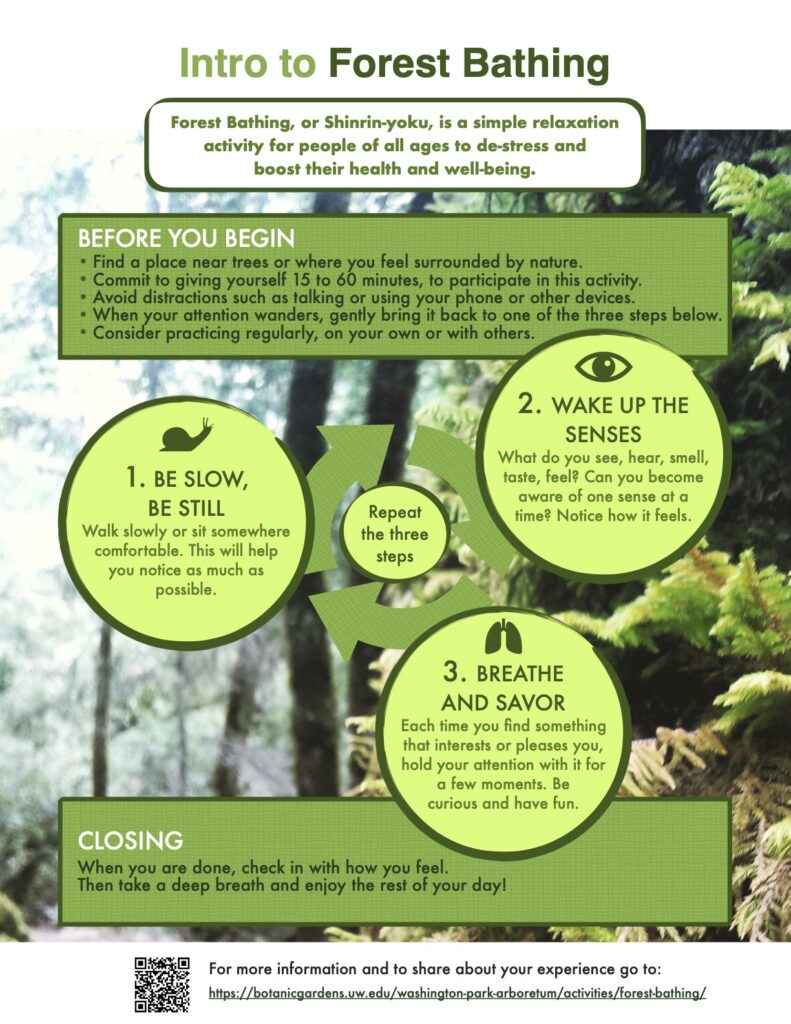What’s worse than watching 25% of your retirement portfolio vaporized?
Getting sick over it ranks at the top of the list. Unfortunately, this is more common than you think.
The consequences of Markets In Turmoil and perfectly timed hyperbole from the usual suspects leave deadlier long-term results than the average bear market.
Science confirms the effects of clickbait and prognostications from the prophets of doom on investors’ physical and mental health. The results are alarming.
According to the University of California at San Diego:
Over roughly three decades, we provide evidence that daily fluctuations in stock prices have an almost immediate impact on the physical health of investors, with sharp price declines increasing hospitalization rates over the next two days. The effect is robust for conditions related to mental health, such as anxiety, suggesting that concern over shocks to the future, in addition to current consumption, influences an investor’s instantaneous perception of well-being.

Source: Alpha Architect
Chronic stress defangs our immune system. Our immune cells retreat instead of being on high alert for foreign invaders. The immune system refocuses its energy toward antibacterial responses rather than antiviral. Chronic market stress increases susceptibility to colds, coughs, and flu – Or worse.
Dr. Jenna Macciochi elaborates on the phenomena.
If you are in danger for your life, perhaps about to be hit by a bus, it’s more beneficial to be able to fight off bacteria that may infect a potential wound than to prepare for antiviral responses against a cold or flu.
If your body is already compromised, a severe market downturn could kill you!
Let that one sink in.
How can investors defend against a coordinated media attack on their emotions during market carnage?
Stepping away from the constant media onslaught is vital. The outcome of a financial plan requires decades, not days. Keeping a proper distance from the calamity du jour helps you keep the proper perspective on what matters.
Stepping away is easier said than done but is imperative for mental and physical health.
The simple act of going for a daily walk is a miracle worker.
Choose walking in forest green over, staring at a crimson-red screen.
The Japanese mastered this task. Shinrin-Yoku, or Forest Bathing, is their version of Prozac sans the harmful side effects.

Data proves walking in nature is a powerful therapy for relaxing the mind and reducing stress.
Lesser benefits result from strolling in city parks but still contribute positively to overall health.
Japanese health insurance companies offer employees transportation and guides to green spaces outside the constraints of the city.
Research centers in Japan confirmed the efficacy of forest bathing.
Studies prove:
Walking in the woods or gazing at green space reduces the stress hormone cortisol.
People who walked in green spaces or sat down to contemplate nature had a lower heart rate.
Subjects who participated in the study recorded lower blood pressure after a prescribed program of forest bathing.
NK or cancer-killing cells increased and became more potent in subjects who wandered the forests of Nagano, Japan.
Improved mood and sense of well-being intensified.
Even in children with ADHD, their ability to concentrate improved.
Quicker recoveries from surgery were another positive attribute of forest bathing.
Improved sleep, sexual energy, and visual health round out the list.
Is it any wonder Japanese insurers encourage forest bathing?
Our well-being is the function of the choices we make.
As Ryan Holiday notes:
You are what your choices make you, nothing more and nothing less.
Don’t bathe on your smartphone in the blood-red sea of a bear market. Instead, choose to plunge into an emerald-green forest.
Choose wisely – your most crucial asset, health, depends on it.
Source: Forest Bathing by Hector Garcia and Francese Miralles





